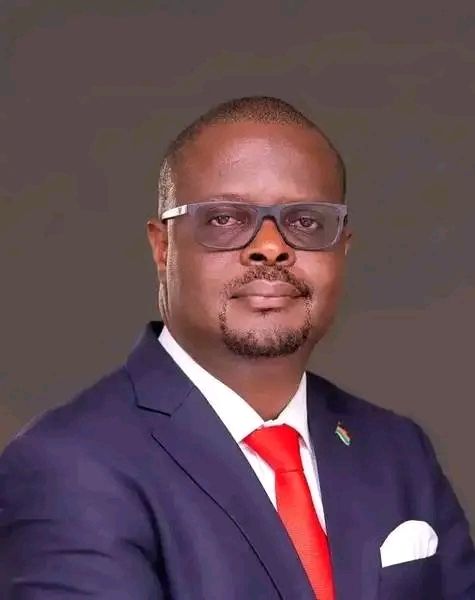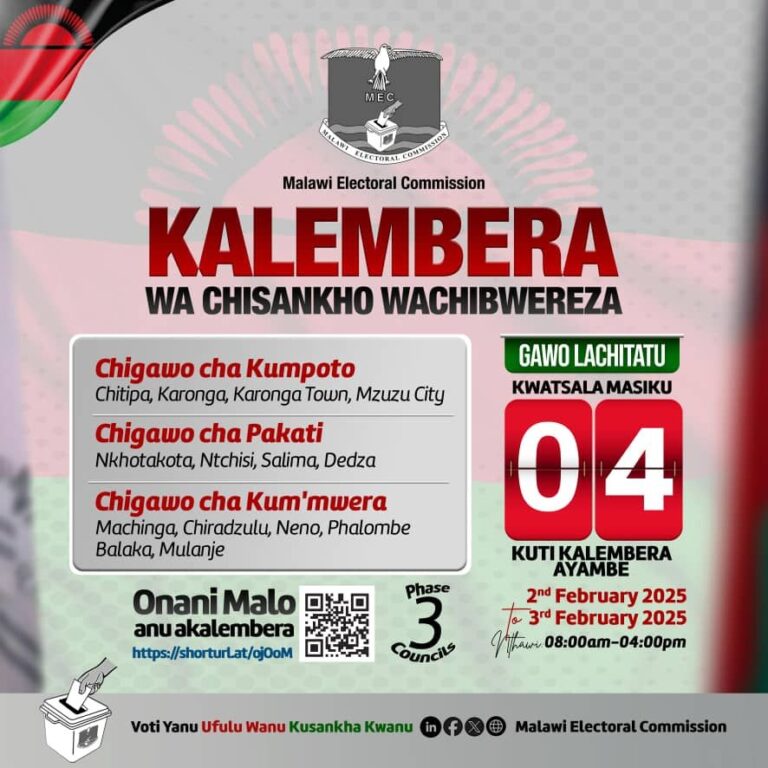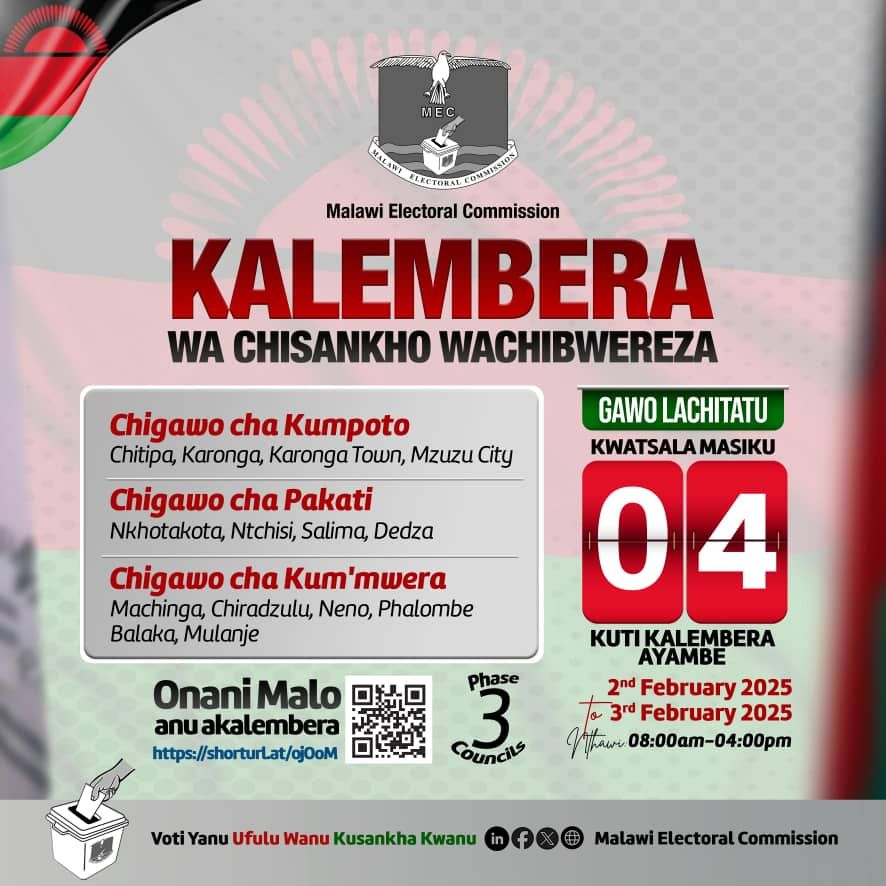By Twink Jones Gadama
As the Chakwera administration continues to face criticism from various quarters, one minister has stood out for his tireless efforts to improve the lives of Malawian workers. Vitumbiko Mumba, the Minister of Labour, has been praised by many for his commitment to using taxpayers’ money to address real issues affecting workers.
According to many Malawians, especially those working in companies, Mumba is the only minister who has demonstrated a genuine interest in serving the people rather than the ruling party.

His approach to governance has been described as refreshing, with many praising his willingness to get out of his office and engage with workers on the ground.
Mumba’s efforts have not gone unnoticed, with many workers reporting significant improvements in their working conditions and benefits.
His commitment to using taxpayers’ money to address real issues affecting workers has earned him a reputation as a minister who is truly serving the people.
In contrast, many other ministers in the Chakwera administration have been accused of serving the interests of the ruling party rather than the people. This has led to widespread disillusionment with the government, with many Malawians feeling that their leaders are out of touch with their needs and concerns.
Mumba’s background as a professional civil engineer may have contributed to his pragmatic approach to governance.
His experience working in Botswana and his commitment to his family may have also instilled in him a strong work ethic and a sense of responsibility to serve others.
The controversy surrounding Mumba’s trip to Serbia with Reverend Nick Chakwera, the President’s brother, has not detracted from his reputation as a hardworking and committed minister.
Many Malawians have praised Mumba for his dedication to his work and his willingness to take on new challenges.
As the Chakwera administration continues to face challenges, Mumba’s leadership and commitment to serving the people offer a beacon of hope for Malawians.
His approach to governance is a reminder that leaders can make a positive difference in the lives of their citizens when they are truly committed to serving the people.
Vitumbiko Mumba’s reputation as a hardworking and committed minister is well-deserved. His commitment to using taxpayers’ money to address real issues affecting workers has earned him a reputation as a minister who is truly serving the people. As the Chakwera administration continues to face challenges, Mumba’s leadership and commitment to serving the people offer a beacon of hope for Malawians.
It remains to be seen whether Mumba’s approach to governance will inspire other ministers to follow in his footsteps. However, one thing is clear: Vitumbiko Mumba is a minister who is truly making a difference in the lives of Malawian workers.








